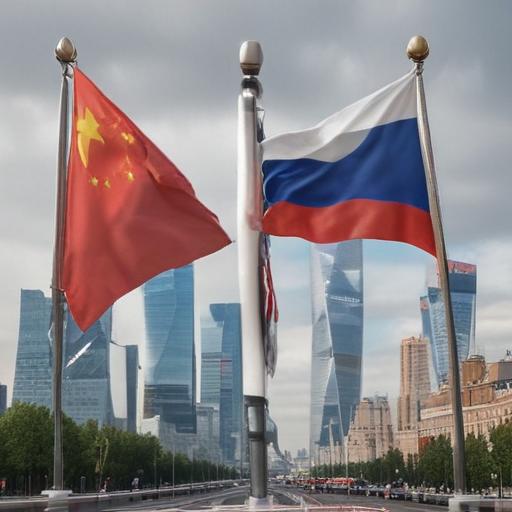As Russian President Vladimir Putin gears up for the annual May 9 “Victory Day” military parade, Chinese President Xi Jinping is preparing to make a significant visit to Moscow, marking his third trip to Russia since the onset of the Ukraine war. Xi’s state visit is slated to last four days, during which he will bolster “mutual trust” between the two nations and participate in festivities commemorating the 80th anniversary of the Allied forces’ victory over Nazi Germany in World War II.
The attendance of Xi at this event underscores the strengthening ties between China and Russia, particularly as both countries navigate the shifting landscape of international relations amid complex geopolitical challenges. In an article released ahead of the visit, Xi emphasized the need for the two nations to firmly oppose hegemonism and maintain their friendship, which he characterized as rooted in a historical alliance forged during World War II.
Other notable leaders, including Brazil’s President Luiz Inacio Lula da Silva and Vietnam’s President To Lam, are also expected to join the celebrations, which will take place against the backdrop of Russia’s ongoing military actions in Ukraine. Putin has proposed a three-day ceasefire with Ukraine, allegedly to showcase Russia’s military strength uninterrupted in front of international dignitaries. However, Ukrainian President Volodymyr Zelensky has dismissed this proposal as insincere, reaffirming his commitment to earlier ceasefire agreements.
The visit comes amid rising global tensions and trade disputes, particularly between the US and China, which have further incentivized Beijing to solidify its partnership with Moscow. This strategic relationship appears more critical than ever for China as it faces significant tariffs and retaliation from the US, driving a need for strengthened trade ties and energy resources from Russia.
Xi and Putin’s meeting is projected to address various critical issues, such as the ongoing conflict in Ukraine, relations with the United States, and the Power of Siberia-2 gas pipeline project aimed at enhancing energy cooperation between the two countries. Experts suggest that both leaders will aim to present a united front against US unilateralism and promote a multipolar world order.
This meeting represents not just a ceremonial gathering but a significant geopolitical alliance amid current global tensions, as both nations seek to demonstrate their resilience against external pressures. Observers will be particularly interested in whether Xi will offer any meaningful propositions toward peace in Ukraine, which might influence China’s relationship with Europe.
The relationship between China and Russia has evolved substantially in recent years, and analysts predict that this upcoming visit will further cement their collaboration as both nations strive for stability and credibility in international affairs.
